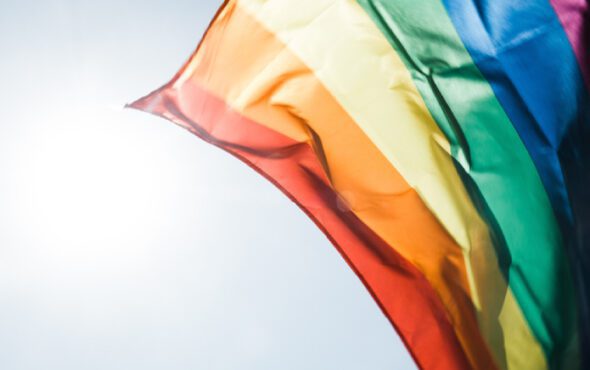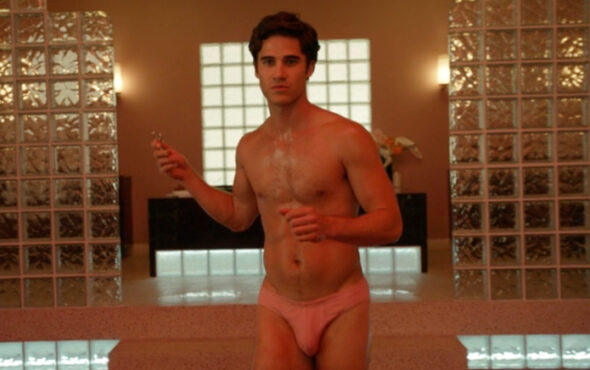
A new ONS survey has revealed that young Britons are gayer than ever before. 9.3 per cent of all 16 to 24 year olds are estimated to identify as lesbian, gay or bisexual.
The new findings show that overall, in 2022, 93.4 per cent of the UK household population aged 16 years and over identified as straight. This is down from 95 per cent in 2017, in contrast to those who label as lesbian, gay and bisexual had increased overall.
Yet, the breakdown in age group showed that this change in result is spearheaded by 16 to 24 year olds. 5.1 per cent of 25 to 34 year olds and only 2 per cent of 50 to 64 year olds identified as lesbian, gay and bisexual.
The most liberated group of people are young women with more than 1 in 10 now identifying themselves as lesbian, gay and bisexual (let’s hear it for the girls). Close behind were 7.9 per cent of men aged 16 to 25.
The proportion of men identifying as lesbian, gay and bisexual was 3.8% in 2022, up from 2.4% in 2017; the proportion of women who identified as lesbian, gay and bisexual was 3 per cent, an increase from 1.8 per cent in 2017.
ONS has pinned the change in figures being attributed to: “More people exploring their sexual identity in combination with changing social attitudes towards different groups and the expression of these today.”
A recent survey from the British Social Attitudes Survey supported these findings, suggesting that societal attitudes are changing in favour of diversity in sexual identity. The survey revealed that 67 per cent think a sexual relationship between two people of the same sex is never wrong, compared with 17 percent in 1983.
Despite social attitudes softening towards lesbian, gay and bisexual people, unfortunately there has been a marked decline over the last three years towards the acceptance of transgender people.
64 per cent described themselves as not prejudiced at all against transgender people, compared to 82 per cent in 2019. This a notable decrease of 18 per cent.
Just 30 per cent of those surveyed think someone should be able to have the sex on their birth certificate altered, a sharp decrease from 53 per cent in 2019.
The National Centre for Social Research report highlighted that: “While women, younger people, the more educated and less religious express more liberal views towards people who are transgender, these views have declined across all demographic groups.”



